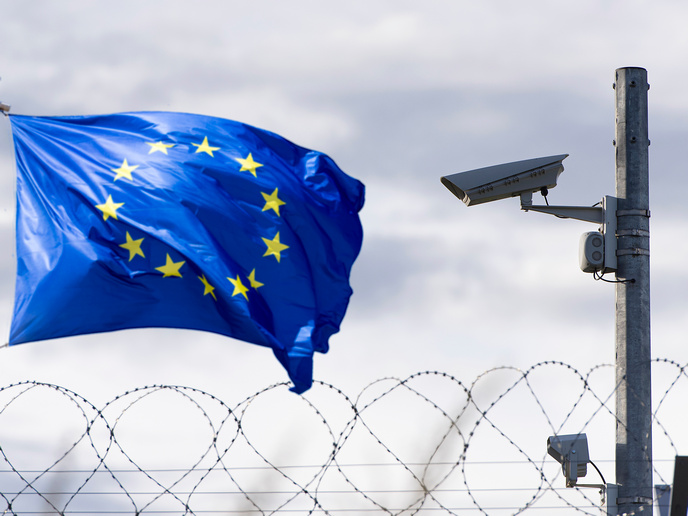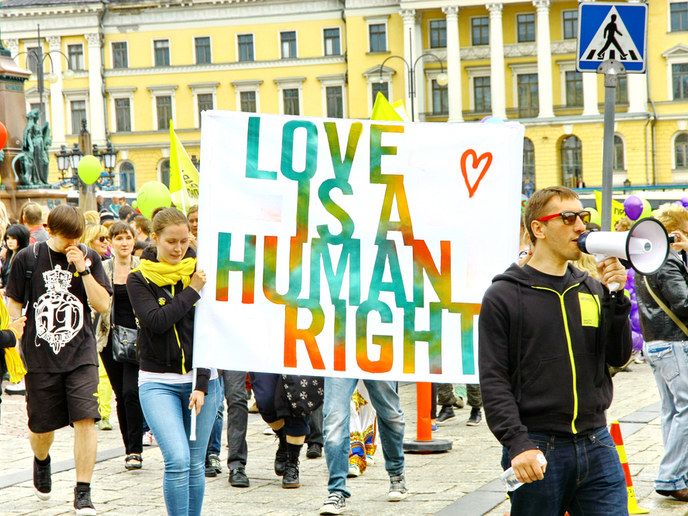A depoliticised perspective on ‘human trafficking’ and on coercive and exploitative labour
Human trafficking is a major societal ill. The EU-funded AP-AT (The anti-politics of anti-trafficking: A comparative study of anti-trafficking policy and practice in Benin and Italy) project investigated anti-human trafficking policy in Africa and Europe by comparing Beninese and Italian efforts. In a study that has global implications, it looked at similarities between the two contexts, focusing particularly on how policy consistently de-politicises the phenomena it seeks to address, ultimately recreating the structural conditions leading to what it wishes to outlaw. To achieve its aims, the project combined political and economic data with studies of those communities sending and receiving migrant, factoring in discussions with policymakers and government stakeholders. Its mission was to look at the broader EU and African picture regarding severe exploitation and coercive mobility. After many months of research, field observation and interviews, AP-AT confirmed its premise that anti-trafficking policy is profoundly depoliticising and based on poor understanding of complex on-the-ground phenomena. This is exacerbated by faulty assumptions, funding dependence, and a lack of critical honesty on the part of major political institutions. These pivotal findings were disseminated to policymakers on both a European and global scale, as well as to the public and to international organisations, marking the success of the project’s initiatives. The findings influenced the contents of the Forced Labour Protocol and informed civil society on a European level, especially through the PI’s co-founding of the Beyond Trafficking and Slavery website, which is now the world’s most widely ready critical platform relating to exploitation and domination. Overall, the results were considered useful in academic and political circles, as well as for civil society.







